
Where every youth belongs, chooses the support they need and thrives
Developing an innovative network of integrated youth mental health centers designed with, by and for youth that reduce stigma, embrace mental wellness, increase community connection and provide access to culturally-responsive services.
all
Communicates inclusivity and togetherness – our spaces are for all young people, no matter what emotions you are feeling
cove
A space surrounded by protection – a metaphor for the safe but open space that allcove provides to all
datacove is a centralized data collection platform developed to improve the delivery of integrated care at our allcove centers and enable evaluation of our allcove model.
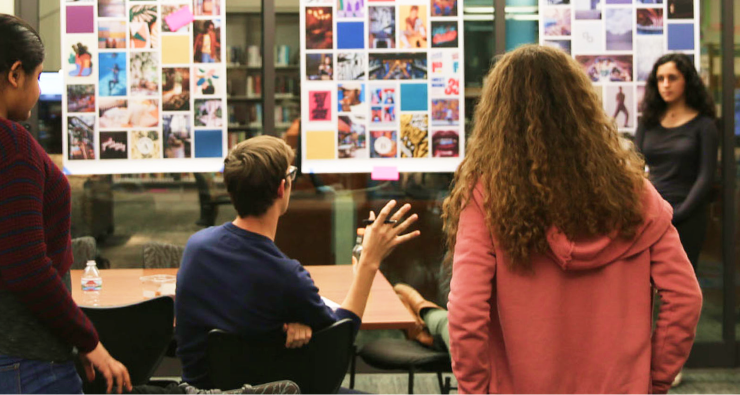

Everything about allcove—its name, its services, and even the look and feel of its centers—was designed with, by and for youth. We believe that they are the ultimate experts in their own lives, and so we try to co-create every touchpoint of the experience with them.

allcove centers are designed to adapt to whatever a young person’s individual comfort zone might be. Because emotions are fluid and exist on a spectrum, allcove centers offers young people the choice between open and private spaces, in-person or digital orientations, and opportunities for therapy as well as supportive conversations.
Hear it from youth participants themselves – answers around confidentiality, cost and more.
allcove centers welcome young people ages 12 to 25 with mild to moderate needs looking for support.
When you enter an allcove center, you will be greeted by one of our friendly staff and given a tablet to check in. You can check in for drop-in services, an appointment you have that day, or just decide to tour the space.

Our youth advisors ensure that young peoples' needs, experiences and opinions are at the core of the allcove experience. Each Youth Advisory Group is comprised of young people between the ages of 16 and 25 who represent diversity across race, ethnicity, gender identity and expression, sexual orientation, lived experience, ability and socioeconomic status. Youth advisors are the community voice that guide and provide feedback on allcove policy, structure and services.
If you’re interested in de-stigmatizing mental health in your community and helping make allcove a better place, learn more about becoming a youth advisor.

Each center's counselors, advisors, staff and doctors treat youth with all the dignity and kindness that young people deserve. They deliver professional advice and care in approachable and relatable ways that make young people feel safe and welcomed, regardless of what their visit is about.
Our Central allcove Team youth advisors are part of the youth movement leading allcove development across California.
Stanford Medicine faculty members and staff developed the allcove model and provide implementation technical assistance to centers.
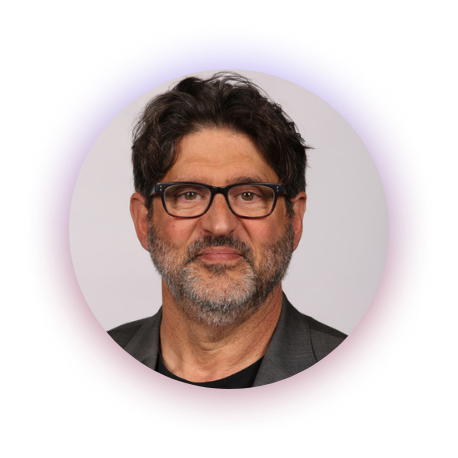
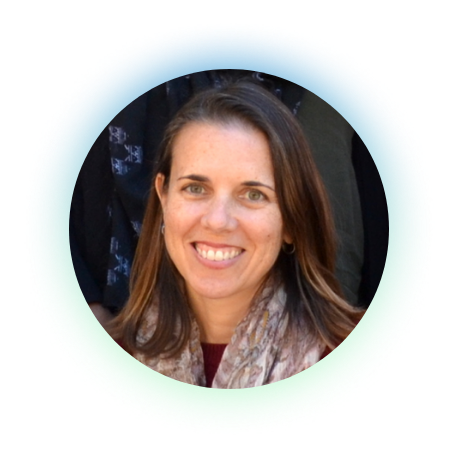
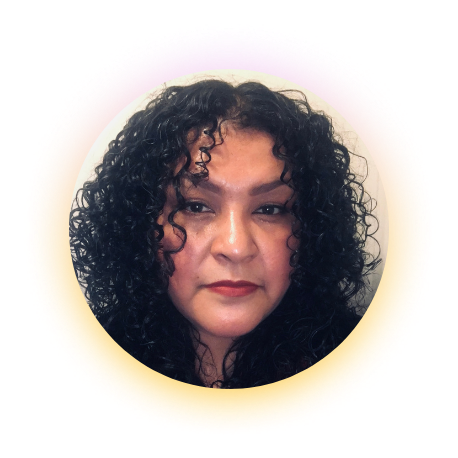
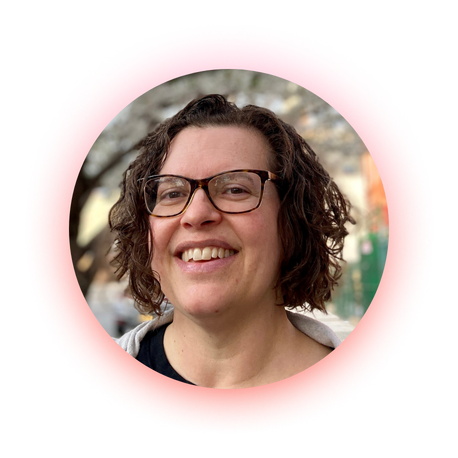
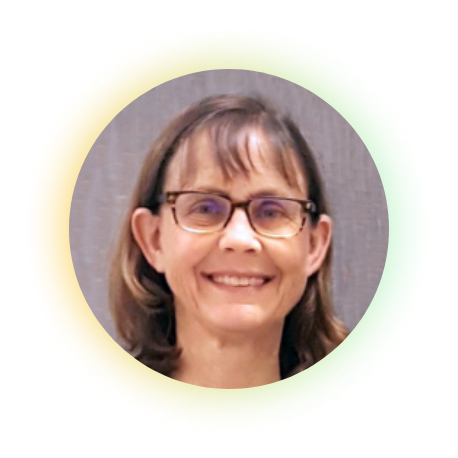
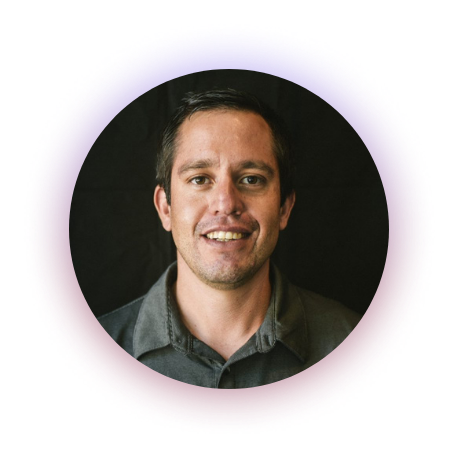
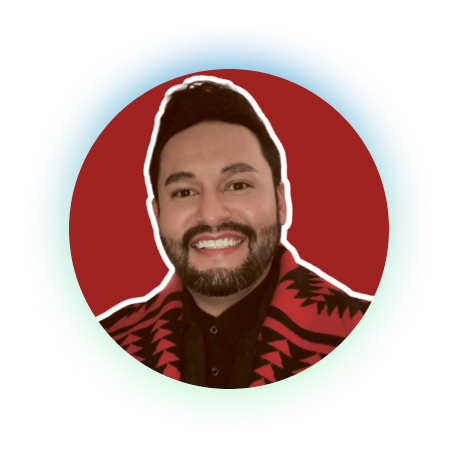
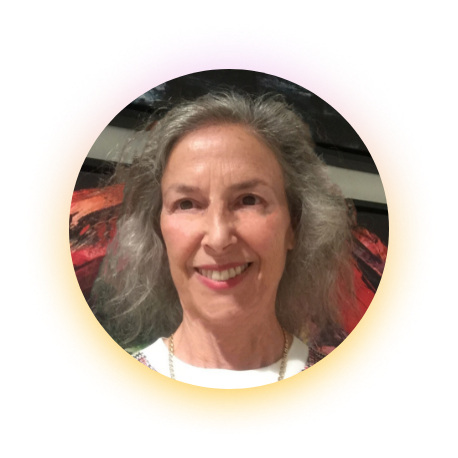
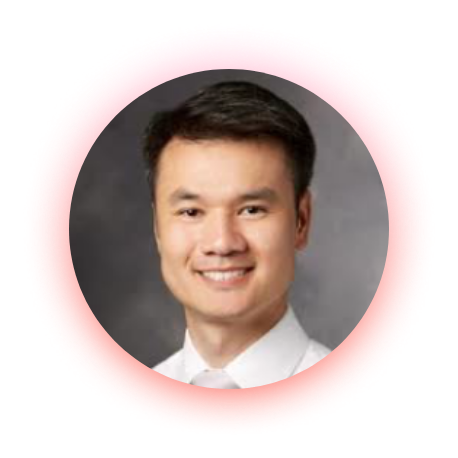
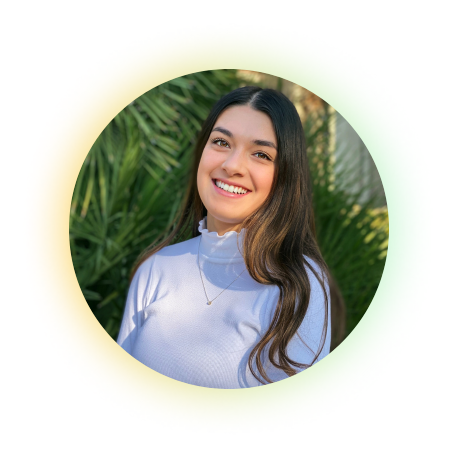
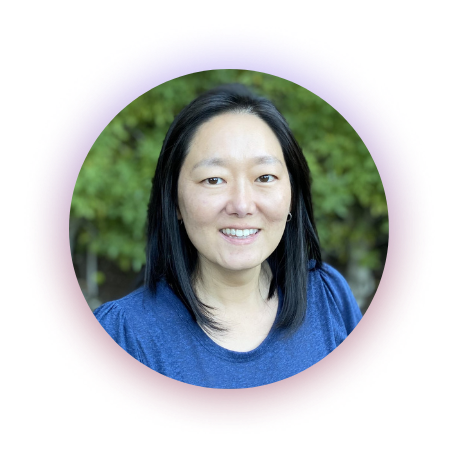

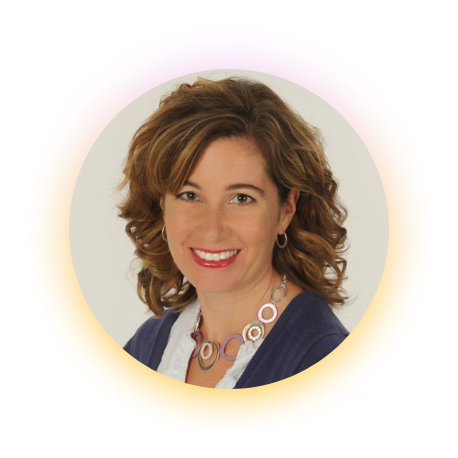
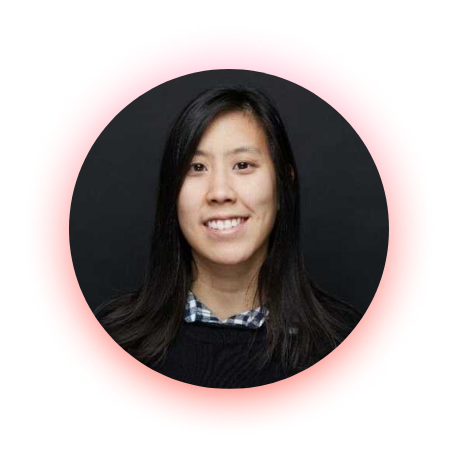
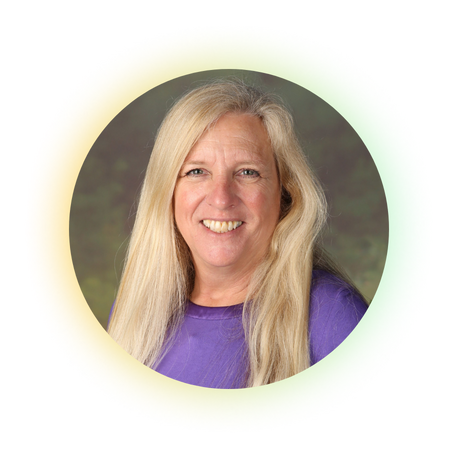
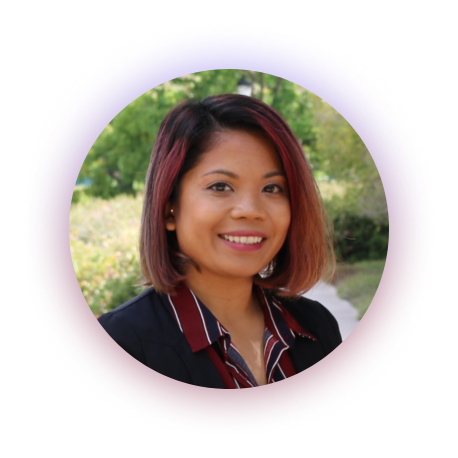
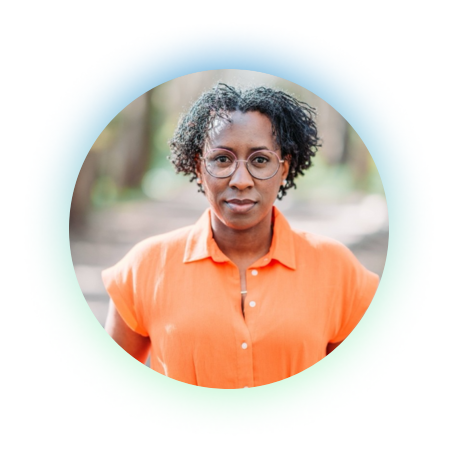
Stanford’s Center for Youth Mental Health and Wellbeing, in collaboration with many youth co-creators, partners and supporters, has brought the first allcove centers to life in the United States. Inspired and supported by our partners and friends at headspace in Australia, Foundry and Frayme in Canada, and other international collaborators, we are excited to support youth and families, schools, communities, counties, and others in making this model a reality in California. We are especially grateful for the collaboration and support of these organizations.










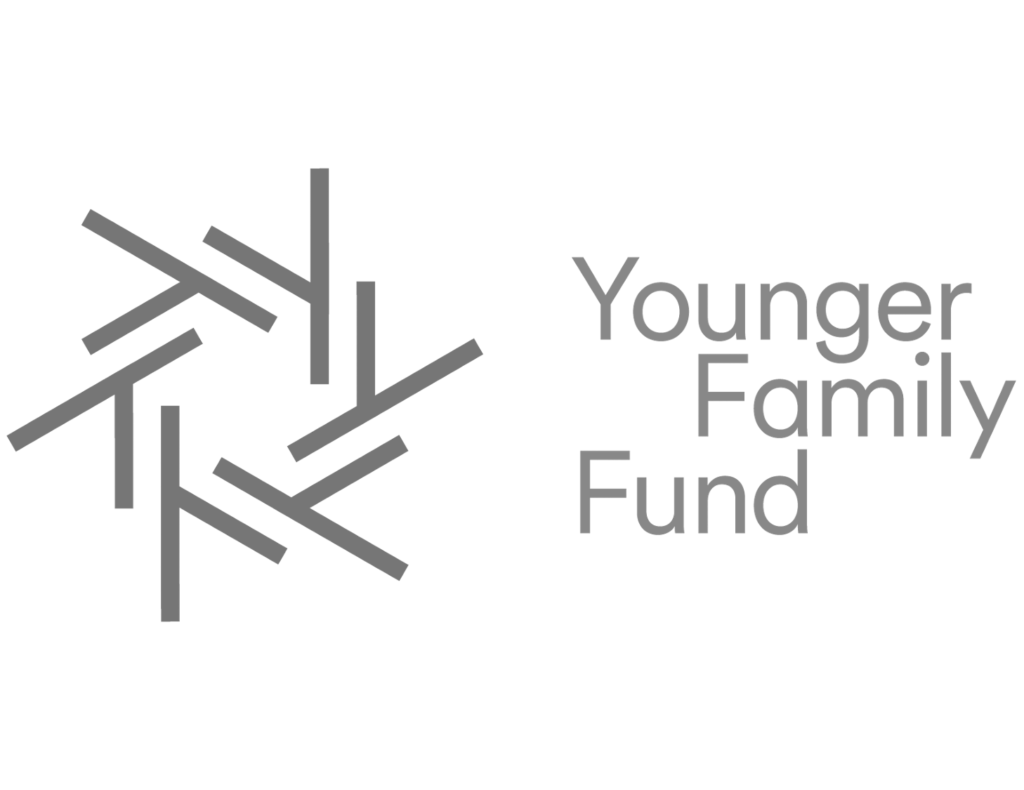


The allcoveTM trademark is owned by the Mental Health Services Oversight and Accountability Commission. They license the allcoveTM name to counties, cities or other local entities at no cost under terms and conditions set forth in a licensing agreement. Use of the allcoveTM trademark requires strict adherence to the licensing agreement.
| Cookie | Duration | Description |
|---|---|---|
| _GRECAPTCHA | 5 months 27 days | This cookie is set by Google. In addition to certain standard Google cookies, reCAPTCHA sets a necessary cookie (_GRECAPTCHA) when executed for the purpose of providing its risk analysis. |
| cookielawinfo-checkbox-advertisement | 1 year | The cookie is set by GDPR cookie consent to record the user consent for the cookies in the category "Advertisement". |
| cookielawinfo-checkbox-analytics | 11 months | This cookie is set by GDPR Cookie Consent plugin. The cookie is used to store the user consent for the cookies in the category "Analytics". |
| cookielawinfo-checkbox-functional | 11 months | The cookie is set by GDPR cookie consent to record the user consent for the cookies in the category "Functional". |
| cookielawinfo-checkbox-necessary | 11 months | This cookie is set by GDPR Cookie Consent plugin. The cookies is used to store the user consent for the cookies in the category "Necessary". |
| cookielawinfo-checkbox-others | 11 months | This cookie is set by GDPR Cookie Consent plugin. The cookie is used to store the user consent for the cookies in the category "Other. |
| cookielawinfo-checkbox-performance | 11 months | This cookie is set by GDPR Cookie Consent plugin. The cookie is used to store the user consent for the cookies in the category "Performance". |
| viewed_cookie_policy | 11 months | The cookie is set by the GDPR Cookie Consent plugin and is used to store whether or not user has consented to the use of cookies. It does not store any personal data. |
| Cookie | Duration | Description |
|---|---|---|
| _ga | 2 years | This cookie is installed by Google Analytics. The cookie is used to calculate visitor, session, campaign data and keep track of site usage for the site's analytics report. The cookies store information anonymously and assign a randomly generated number to identify unique visitors. |
| _gat_gtag_UA_200203921_1 | 1 minute | This cookie is set by Google and is used to distinguish users. |
| _gid | 1 day | This cookie is installed by Google Analytics. The cookie is used to store information of how visitors use a website and helps in creating an analytics report of how the website is doing. The data collected including the number visitors, the source where they have come from, and the pages visted in an anonymous form. |

